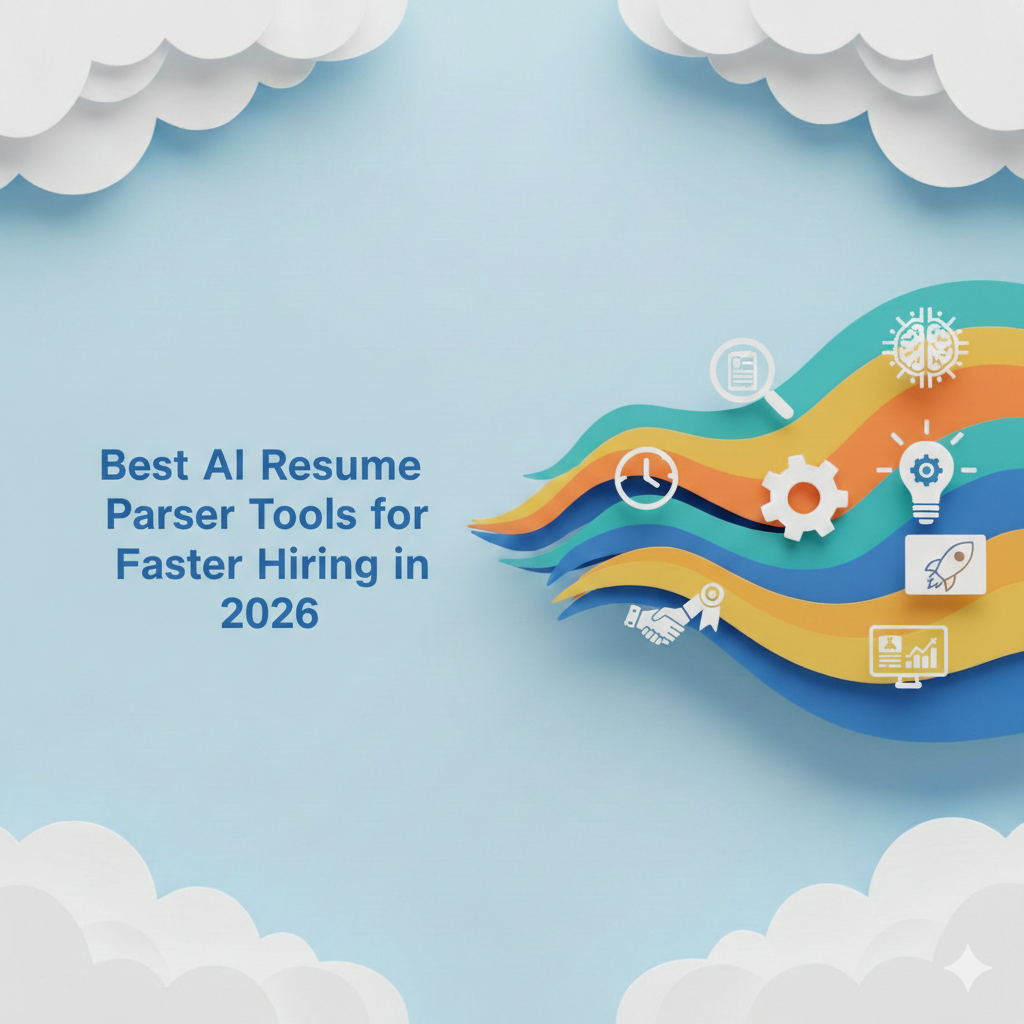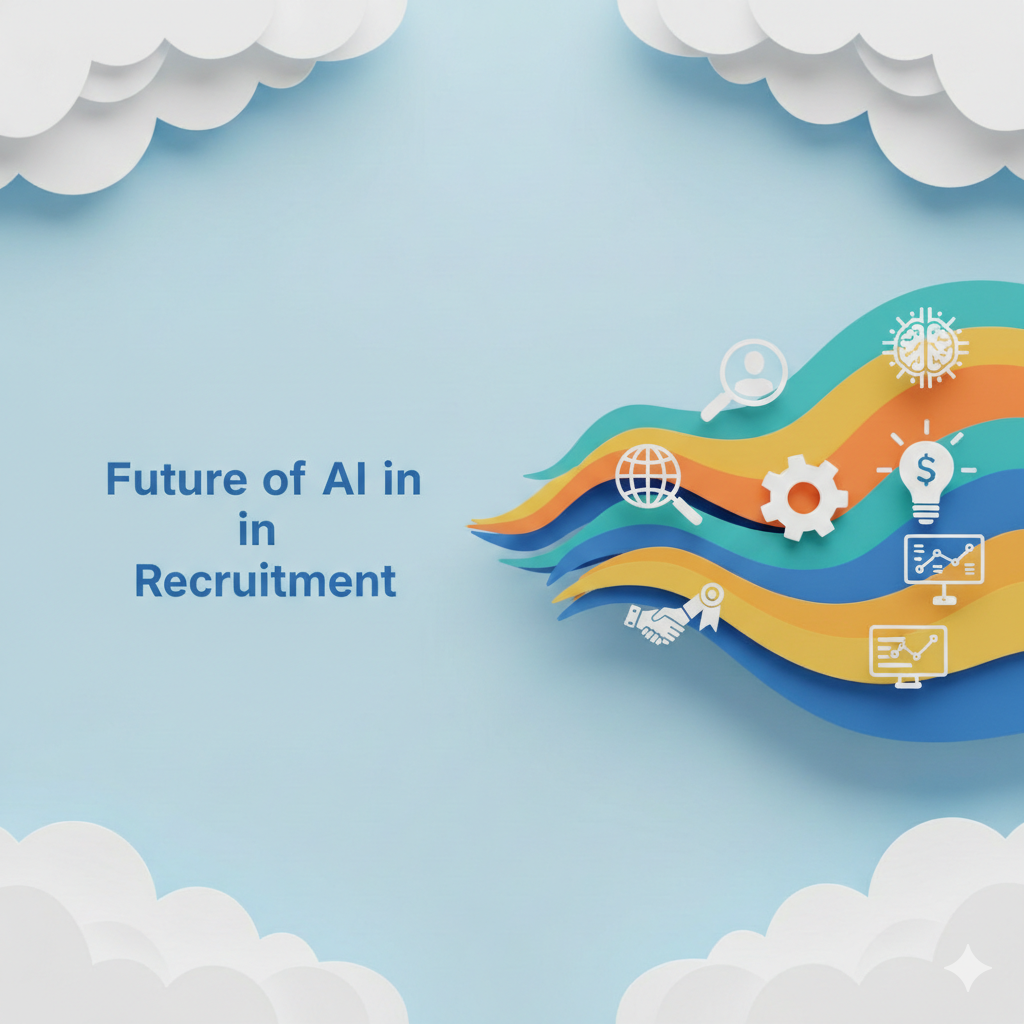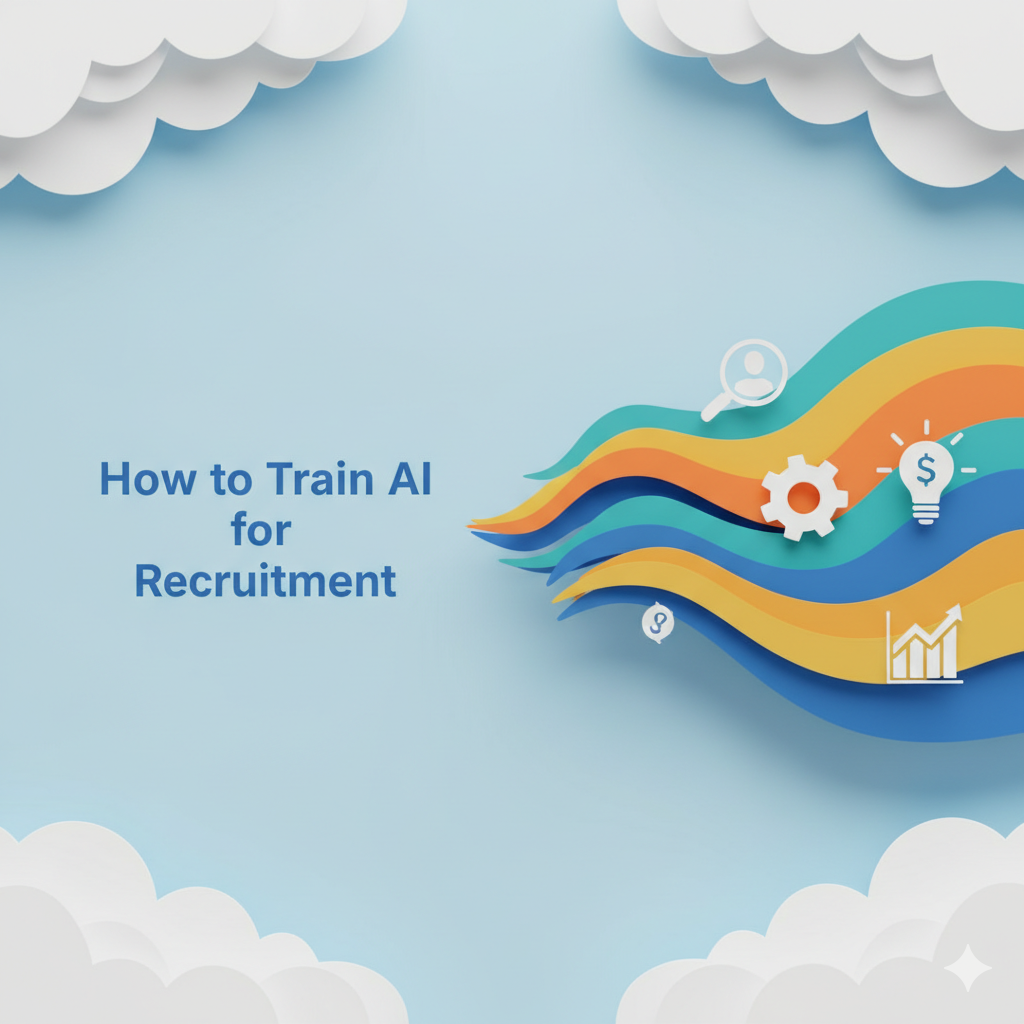Self Scheduling for Interviews Made Easy and Stress-Free

Tired of juggling calendars and chasing confirmations?
Self-scheduling for interviews gives both you and your candidates control, eliminating back-and-forth emails and reducing no-shows. With just a few clicks, qualified applicants can book a time that works, no stress, no wasted hours.
Tools like HRMLESS, powered by Nerva AI, automate the entire process so interviews are booked, confirmed, and followed up on without any manual effort. You stay focused on what matters most: hiring the right people quickly and efficiently.
In this blog, we’ll talk about:
- What self-scheduling is and why it’s better than traditional methods
- How AI tools like HRMLESS streamline the process from invite to interview
- Key benefits, best practices, and future trends to watch
Let’s break it down!
What Is Self Scheduling for Interviews?
Self-scheduling lets candidates pick interview times that fit their schedules without back-and-forth emails or calls. Automated tools save you time and keep candidates engaged by offering flexibility and faster booking.
Key Features of Self Scheduling
Want to cut down on no-shows and speed up hiring? These self-scheduling features make it happen:
- Candidate-Controlled Booking: Applicants choose from your available time slots, which gives them flexibility and increases commitment.
- Qualification-Based Access: Only screened or engaged candidates can schedule interviews, helping you avoid wasting time on poor fits.
- Real-Time Calendar Sync: Your schedule updates automatically to prevent double bookings or conflicts with other meetings.
- AI-Powered Filtering: Platforms like HRMLESS use AI to invite only top candidates, so you spend time only where it counts.
- 24/7 Availability: Candidates can book interviews anytime, day or night—accelerating your process and making your offer more competitive.
How Self-Scheduling Differs from Traditional Methods?
Traditional scheduling usually involves multiple emails or calls to set a time. This can cause delays and waste hours for HR teams.
Self scheduling lets candidates book available slots immediately. It removes the back-and-forth and gives candidates control, which lowers the chance they will cancel or forget the interview.
Your team spends less time managing calendars or rescheduling. You get a streamlined process where interviews happen as soon as candidates are ready.
Types of Interview Formats Supported
Self scheduling works with many interview types, such as:
- Live video calls
- Phone interviews
- AI-driven pre-screening interviews available 24/7
- In-person meetings
Platforms like HRMLESS support these formats and automate pre-screening and scoring, so you only meet the best candidates. This versatility lets you tailor your process without extra scheduling headaches.
Benefits of Self Scheduling Systems
Self-scheduling tools give you more control and speed in hiring. They help keep candidates engaged, save time for hiring teams, and reduce common scheduling problems.
Improved Candidate Experience
Self-scheduling lets candidates pick interview times that fit their schedules. This flexibility shows respect for their time and reduces delays, making candidates feel more in control and engaged.
The AI tools invite only candidates who complete a quick pre-screen to book. This keeps your calendar clear of uninterested applicants and lowers no-shows.
Giving candidates easy access to scheduling also helps reduce stress. They can book instantly, on their own time, even outside regular business hours.
Time Savings for Hiring Teams
You won’t waste hours on the phone or using email tags trying to find a good interview time. Self-scheduling automates this step, freeing your team for more strategic work.
AI-driven platforms schedule interviews only after candidates pass initial checks. This targeted approach cuts the volume of interviews to serious prospects.
Automated reminders help reduce last-minute cancellations or no-shows. Removing these daily hassles speeds up your hiring workflow and reduces stress on your team.
Reduction in Scheduling Conflicts
Manual scheduling often leads to double bookings or overlapping interviews.
Self-scheduling tools show real-time availability, which prevents conflicts. Candidates see exactly when you’re free, so they pick open slots that fit. Your calendar stays organized without constant adjustments.
Fewer reschedules and canceled meetings help keep the hiring process moving smoothly.
How Self Scheduling Works
Self-scheduling lets candidates pick interview times that fit their calendars. Automation saves you time, reduces no-shows, and keeps hiring moving fast.
Step-by-Step Scheduling Process
Here’s how self-scheduling makes interviews quick and hassle-free:
- Set Your Availability: Add time slots to your calendar based on when you're free to conduct interviews.
- Send Scheduling Link: Share the link with candidates so they can book a slot that fits their schedule; no back-and-forth emails are needed.
- Screen Before Scheduling: Only candidates who pass initial checks get access to the scheduling link, keeping your time focused on the right people.
- Auto-Sync to Calendars: Once booked, the interview appears on both your calendar and the candidate’s, avoiding double bookings or missed meetings.
Popular Platforms and Tools
Many AI hiring tools include self-scheduling, but HRMLESS uses Nerva AI to make it simple and reliable. It works 24/7, letting candidates schedule anytime.
Our tool links with your existing ATS and calendar apps so everything stays in one place. You won’t have to switch between systems or manually enter data.
You control the availability, limiting the number of slots candidates can pick or when interviews happen. This keeps your schedule balanced.
Automated Notifications and Reminders
Once an interview is booked, automated emails or texts confirm the time for both sides. This reduces confusion and helps candidates prepare.
Reminders go out 24 hours before and again 1 hour before the interview. These nudges cut the risk of no-shows.
Some platforms let candidates reschedule themselves, but our platform includes this feature to keep things smooth.
Best Practices for Implementing Self Scheduling
When setting up self-scheduling for interviews, focus on clear availability, smart calendar connections, and strong security. These steps help you avoid scheduling conflicts, keep data safe, and make the process smooth for everyone.
Setting Clear Time Slot Availability
Make sure your available time slots are realistic and well-planned.
Limit choices by day and length to avoid overlaps or too many openings. Use buffers between interviews so you have time to prepare.
Communicate your hours clearly to candidates. Show only the times when the interviewer is free, including time for breaks and meetings. This prevents no-shows due to confusion or double-booking.
Block out special days like holidays or company events. Regularly update the schedule to reflect changes. Keeping your availability accurate saves you last-minute stress.
Integrating With Calendar Systems
Connect your self-scheduling tool with calendars like Outlook or Google Calendar. This sync helps you see live availability and prevents double-booking.
Choose software that updates both ways. When a candidate books, your calendar blocks the time automatically. It should also send reminders to reduce no-shows.
Look for options compatible with your current ATS or HR software. Integration makes tracking applicants and moving them through your hiring pipeline easier.
Ensuring Data Security and Privacy
Protect candidates’ personal and interview data with strong security measures.
Use platforms that encrypt information during booking and storage. Limit access to scheduling data to only those who need it for hiring. Set permissions and monitor activity to spot any unusual access.
Comply with privacy laws like GDPR or CCPA. Let candidates know how their data is used and stored.
Future Trends in Self Scheduling for Interviews
Self-scheduling is becoming smarter, faster, and more tailored to your needs. Advances in AI, better mobile access, and customization are shaping how you book interviews.
AI and Automation Enhancements
AI will handle more of the scheduling process.
Tools like HRMLESS use AI to automatically suggest interview times that fit your calendar and the candidate’s availability. This reduces back-and-forth emails and saves valuable time.
Automation will also help reduce no-shows. AI can send reminders and reschedule interviews if needed. You’ll get notifications if candidates cancel or are late, allowing you to adjust quickly.
AI-driven insights will improve candidate matching. You'll focus on the best fits by combining scheduling, scoring, and screening.
Mobile Optimization
More hiring happens on the go.
Mobile-friendly scheduling means candidates can book interviews from their phones anytime, anywhere. This flexibility improves candidate experience and speeds up the hiring timeline.
Your scheduling platform will offer simple, clear interfaces on mobile devices. Push notifications and SMS reminders will keep candidates engaged and reduce missed interviews.
Mobile optimization also supports hybrid hiring environments. Whether candidates choose in-person or virtual interviews, they can easily manage their appointments via mobile.
Personalization and Customization Features
Self scheduling tools let you tailor the experience to fit your recruitment style.
You can customize interview types, time slots, and buffer times to suit your workflow. Candidates will receive personalized communication based on their status or role. For example, first-round candidates might get instructions different from those in final rounds.
You’ll also be able to embed branding elements like logos and custom messages to keep your scheduling process professional and on-brand.
Final Thoughts
Embracing self-scheduling isn’t just about saving time; it’s about creating a smoother, smarter hiring experience for both your team and your candidates.
When candidates feel empowered to book interviews at their convenience, you’ll see fewer no-shows, faster processes, and better engagement. Plus, with automation handling the logistics, your team stays focused on what truly matters—connecting with top talent.
Ready to streamline your hiring process without compromising on quality or control?
HRMLESS makes it easy with AI-powered self-scheduling tools designed to reduce back-and-forth, prevent overlaps, and deliver an exceptional candidate experience.
Try HRMLESS today and experience the future of hassle-free hiring!
Frequently Asked Questions
Curious how self-scheduling fits into the bigger picture of hiring? You’re not alone. Below are some common questions people ask when switching to automated scheduling tools—along with clear answers to help you get the full picture.
Can I customize time slots for different job roles?
Yes, you can create role-specific availability windows. This helps you align interview timings based on recruiter bandwidth or team availability, especially when hiring for multiple roles across departments.
What if a candidate cancels or reschedules at the last minute?
Most tools send instant notifications for any changes. You can set buffer times and cancellation policies to protect your schedule and still have time to fill the slot if needed.
Does self-scheduling work well for high-volume hiring?
Absolutely. It’s ideal for handling bulk applications. AI filters out unqualified candidates, while auto-booking ensures your team only speaks with the right ones, no endless manual coordination needed.
How secure is the scheduling data shared with candidates?
Reputable tools use encrypted links and secure calendars. Only invited candidates can access the booking page, and no personal recruiter data is exposed publicly.
Can I integrate self-scheduling with my existing ATS or CRM?
Yes, most modern tools like HRMLESS support integrations with popular ATS and CRM platforms, making it easier to manage interview data in one place.
Featured
Subscribe to ournewsletter
Related posts
Explore the world of photography with our curated selection of
portfolio websites that showcase creativity and innovation.




